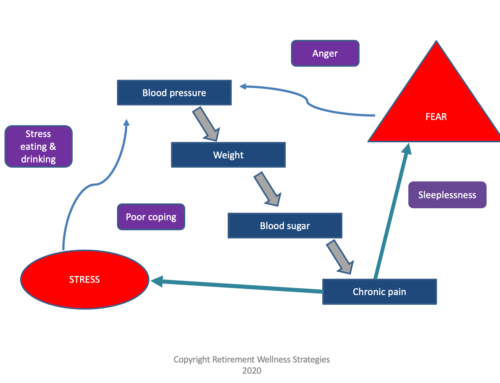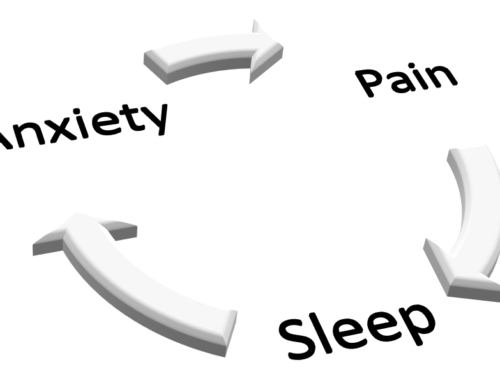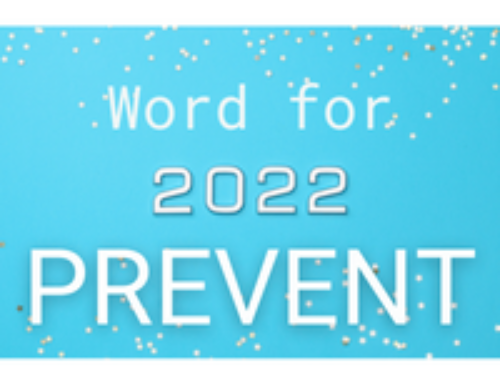 Did you know there is a list of medications to avoid over age 65? A group of physicians and other experts first published this type of list in 1991. Since that time, the list has been updated several times. The most recent update was released this October of 2015. The list is of medications for which there were safer, as effective options. Mark Beers is the physician who took the lead with these lists, so they are often called the ‘Beers List’.
Did you know there is a list of medications to avoid over age 65? A group of physicians and other experts first published this type of list in 1991. Since that time, the list has been updated several times. The most recent update was released this October of 2015. The list is of medications for which there were safer, as effective options. Mark Beers is the physician who took the lead with these lists, so they are often called the ‘Beers List’.
Did you know that kidney function starts to decline – in the healthiest of people – around age 40? The liver also slows down as we age. The efficiency of the heart pumping is more than we need until about age 30, then it starts to slowly decline.
This is not all bad news. The body is designed to function for a very long time, even with the changes that occur with aging.
The more you keep yourself, and your body, healthy, the better you will feel for many years.
Getting back to the naughty list, these body changes slow how medications get out of the body. So often, a single dose will last longer in your 70’s than it did in your 30’s. This means some medications are dosed at a lower dose. Other medications are taken less often. And the Beer’s list medications should not be taken at all.
Beer’s list medications:
- Anticholinergic medicines are very drying, increase risk of falls, increase confusion and constipation. A common example is diphenhydramine found in Benadryl, Tylenol PM, Aleve PM, and most over-the-counter sleep aids.
- Certain blood pressure medicines that can make you very dizzy when you stand up – doxazosin, prazosin, terazosin, clonidine, methyldopa, nifedipine
- Digoxin – if used, should be used a very low dose such as 0.125 mg daily
- Some depression medicines like amitriptyline, imipramine, notriptyline, paroxetine have a lot of side effects. There are some effective antidepressants that are safe, have fewer anticholinergic (drying and confusion) effects, and less drop in blood pressure.
- Benzodiazepines include alprazolam, lorazepam, oxazepam, temazepam, triazolam, clonazepam, diazepam. If you are taking one of these for anxiety, please talk with your doctor at your next visit about reducing and gradually coming off of this medication. They greatly increase your risk of falls, difficulty thinking, car crashes, and delirium.
- Mineral oil. There are much safer remedies for constipation or any other use of mineral oil.
- Meperidine is one of the most risky pain medications in older adults due to the slower ability of the body to get rid of it. Talk with your doctor about one of the many safer options.
- Skeletal muscle relaxants include cyclobenzaprine, methocarbamol, orphenadrine, carisoprodol. These have anticholinergic (drying) effects, make you sleepy, and increase your risk of falls and fractures. In addition, they don’t have very good evidence that they are actually helpful.
- Nonsteroidal pain medicines, especially indomethacin and ketorolac, can cause stomach bleeding and dizziness. Other common nonsteroidals are ibuprofen, Naprosyn, meloxicam, or etodolac. If you take one of these, talk with your doctor about taking it with an acid blocking medication to help protect your stomach.
There are other medications on the list. Some are specifically hazardous if you have certain other medical conditions.
DO NOT STOP or change the way you take any medicine without first talking with your doctor.
This is a long list. Please discuss this with your doctor if you are taking any of these medications.
Or, please contact us at www.medsmash.com. We are experts in medications for adults over age 60. We can explain the list and any hazards in your medication list to you. Then, we can work with your doctors to make safer changes.
For further application, check out my personal blog.





